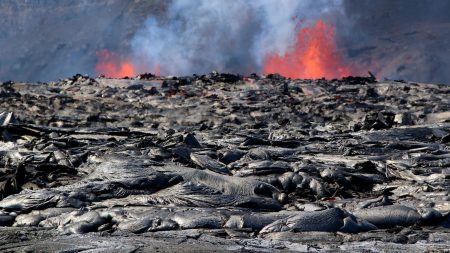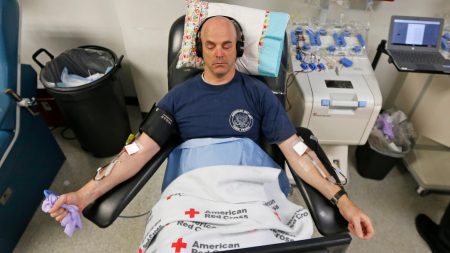The USDA’s Rush to Reinstate Workers Amid Bird Flu Crisis
The USDA is in a predicament as it scrambles to rehire workers laid off due to the Trump administration’s government efficiency initiative. These cuts, influenced by Elon Musk’s Department of Government Efficiency, have come under scrutiny as the nation grapples with the ongoing bird flu outbreak. The recent terminations have left critical roles unfilled, prompting a swift reversal to ensure effective disease management and support for affected farmers.
Economic Impact of the Bird Flu Outbreak
The bird flu crisis has had a profound economic impact, particularly on egg and poultry farmers. Since 2022, approximately 160 million birds have been slaughtered to contain the outbreak, leading to soaring egg prices, which now average $4.95 per dozen. This surge has strained consumer budgets, highlighting the urgency of the situation. The federal government has invested nearly $2 billion in response efforts, including $1.2 billion in compensation to farmers for their losses.
Government Cuts and Political Backlash
The workforce reduction was part of President Trump’s initiative to streamline government operations, yet it inadvertently hampered the USDA’s ability to manage the bird flu crisis. Republican Representative Don Bacon urged caution, emphasizing the need to protect critical roles. The cuts targeted key positions in the USDA’s lab oversight, crucial for confirming disease outbreaks and ensuring effective response strategies.
The Crucial Role of USDA Workers
The terminated employees were essential for overseeing the national network of labs that test for bird flu and other diseases. Their absence has raised concerns about the USDA’s capacity to respond effectively. The department is now working to rehire these workers, recognizing the irreplaceable expertise they bring in combating the outbreak and supporting the poultry industry.
Calls for Immediate Action
Democratic Senator Amy Klobuchar criticized the timing of the cuts, urging the USDA to reinstate these critical workers promptly. With the nation already facing high egg prices and broader health concerns, the situation calls for swift action to prevent further setbacks in disease control and economic stability.
Future Strategies for Managing the Outbreak
Looking ahead, the Trump administration is exploring alternative strategies, such as avoiding the slaughter of entire flocks when the virus is detected. While details are scarce, this potential shift in approach signals a commitment to learning from the current crisis and adapting future responses. As the USDA navigates this complex situation, the focus remains on balancing efficient government operations with effective disease management to support both public health and the agricultural economy.















